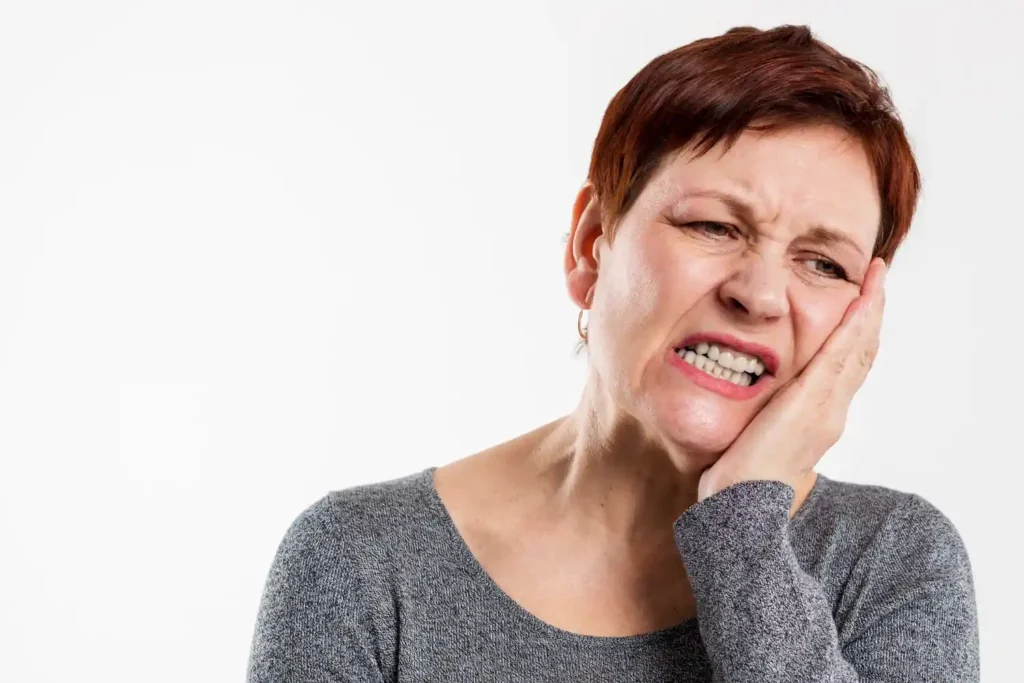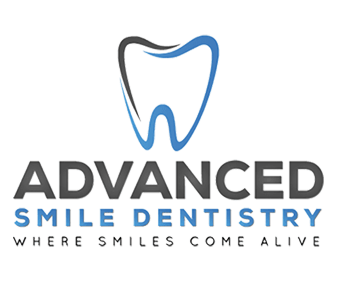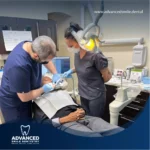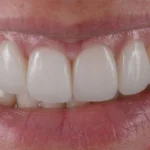Decayed Tooth Fell Out Adults

What to do if a decayed tooth falls out?
If a decayed tooth falls out, it’s essential to take the appropriate steps to ensure your oral health and prevent any complications. Here’s what you should do:
- Preserve the tooth: If decayed tooth fell out when adults, try to handle it carefully by touching only the crown (the top part visible in the mouth) and avoid touching the root. Place the tooth in a clean container with milk, saliva, or a tooth preservation solution like Hank’s Balanced Salt Solution (HBSS) if available. Avoid using water as it can damage the cells on the root surface.
- Seek dental care immediately: Contact your dentist or an emergency dental clinic as soon as possible. Time is crucial when it comes to trying to save a tooth, so it’s best to see a dental professional within 30 minutes to an hour after the tooth has fallen out.
- Clean your mouth: Rinse your mouth gently with warm water to remove any blood or debris. Be careful not to disturb any blood clots that may have formed in the socket.
- Control bleeding (if present): If there is any bleeding from the socket, apply gentle pressure with a clean gauze or cloth for about 10-15 minutes until the bleeding stops.
- Use a cold compress: If there’s swelling or pain, you can apply a cold compress or ice pack wrapped in a cloth to the affected area to reduce inflammation.
- Manage pain: Over-the-counter pain relievers like ibuprofen or acetaminophen can help manage pain until you can see a dentist.
- Avoid disturbing the area: Try not to touch or play with the empty socket with your tongue or fingers, as this can hinder the natural healing process.
- Maintain oral hygiene: Continue to brush your teeth gently and keep the area around the empty socket clean, but be careful not to disturb the healing process.
- Avoid eating hard or sticky foods: Stick to soft foods and avoid chewing on the side of the mouth where the tooth has fallen out.
Remember that losing a tooth, even a decayed one, can have consequences for your oral health and overall well-being.
Your dentist will be able to assess the situation, provide appropriate treatment options, and discuss tooth replacement options, such as dental implants, bridges, or dentures, depending on your specific case.
It’s crucial to prioritize dental care to prevent further complications and maintain a healthy smile.
Will a broken dead tooth eventually fall out?
A broken, dead tooth may not necessarily fall out on its own. When a tooth is considered “dead,” it means that the inner pulp, which contains nerves and blood vessels, has been damaged or infected to the point where it can no longer sustain the tooth’s vitality.
Dead teeth are often the result of untreated cavities or trauma.
Once the pulp is damaged, the tooth can become brittle and more prone to fractures. However, the tooth itself may remain in place even if it is broken or dead.
The surrounding bone and tissues may hold it in position, and it could appear intact from the outside, even though the inner structure is compromised.
In some cases, a dead tooth may eventually loosen and fall out due to natural processes such as bone resorption or gum recession.
This can take an extended period, and during this time, the tooth can cause discomfort, infection, or bad breath. Leaving a broken, dead tooth in your mouth without seeking treatment can lead to serious oral health issues.
It’s important to address a broken, dead tooth promptly to avoid complications. Your dentist can recommend appropriate treatments, such as root canal therapy, to remove the infected pulp and preserve the tooth.
In cases where the tooth cannot be saved, your dentist may recommend extraction and discuss tooth replacement options like dental implants, bridges, or dentures.
Ignoring a broken, dead, rotten tooth can lead to severe pain, infection, and further damage to neighboring teeth and tissues. So, if you suspect you have a broken, dead tooth, seek dental care as soon as possible to receive proper evaluation and treatment.





